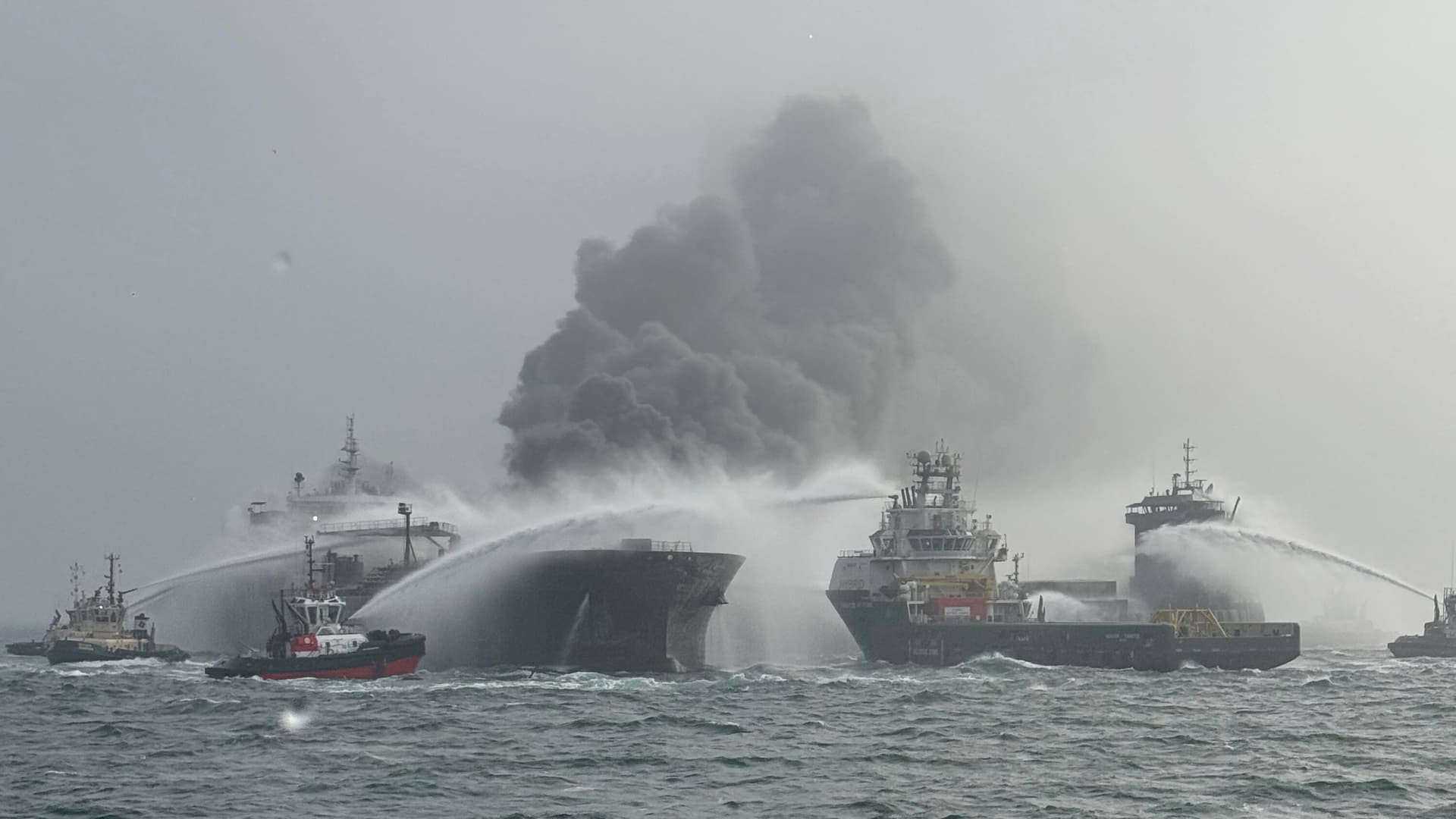U.S. Crafts 28 Point Peace Roadmap, Seeks Engagement with Russia
The Trump administration has been quietly drafting a 28 point roadmap aimed at ending the war in Ukraine, a plan that could mark a major diplomatic departure by incorporating Russian negotiating priorities. The document is still conceptual, but its circulation among European and Ukrainian officials has already raised questions about allied unity, Ukrainian sovereignty, and the role of the United States as mediator.

The Biden administration's successor is reported to be quietly developing a comprehensive 28 point roadmap intended to chart a path out of the conflict in Ukraine, according to an Axios scoop published today. The document, which officials say draws intellectual inspiration from a Gaza ceasefire framework, would address four broad areas: achieving peace in Ukraine, security guarantees for Kyiv, wider European security arrangements, and the future of U.S. relations with both Ukraine and Russia.
U.S. special envoy Steve Witkoff is reported to be leading the drafting effort and has discussed the framework extensively with Kirill Dmitriev, head of Russia's sovereign wealth fund. Dmitriev told Axios he felt “the Russian position is really being heard.” The White House has begun briefing European capitals and Ukrainian officials, and Ukrainian national security advisers have been engaged in conversations about the conceptual outline.
The initiative represents a potentially significant shift in U.S. diplomacy because it signals direct engagement with elements of the Russian negotiating agenda after nearly three years of war. That shift has prompted cautious, private responses from Kyiv and from Western allies, who have not publicly endorsed a framework developed in consultation with Moscow. Officials in several European capitals warned that any durable settlement must respect Ukraine's territorial integrity and the principles of international law, even as they assessed whether U.S. involvement might open a corridor for negotiation.
Analysts say the roadmap's four pillars reveal competing objectives that will be difficult to reconcile. Proposals for security guarantees for Kyiv would require concrete mechanisms, potentially involving NATO, European states, or bespoke international arrangements, each carrying political and legal complications. Measures aimed at broader European security architecture would touch the core concerns of allied capitals over deterrence and the future of collective defense. Proposals about the future of U.S. relations with Ukraine and Russia raise fraught questions about recognition, reconstruction assistance, sanctions relief, and accountability for wartime conduct.
The reported inspiration from a Gaza ceasefire model also underscores the administration's search for templates from other conflicts, an approach that may be familiar to diplomats but which carries risks when transposed between very different theatres of war. International law experts caution that ceasefire language that omits clarity on sovereignty and war crimes accountability can leave unresolved grievances that fuel renewed hostilities.
For Kyiv the stakes are political and existential. Ukrainian leaders have repeatedly insisted that any settlement be made with their consent and that their sovereignty not be traded away. Western capitals are likewise anxious that unilateral U.S. engagement with Moscow, even in the service of diplomacy, not fracture the coalition that has sustained Ukraine since the invasion began.
For Washington the calculus is equally complex. A successful mediation could end one of the most destabilizing conflicts in Europe since the Cold War and redefine U.S. influence on the continent. A misstep could imperil alliances, weaken deterrence, and complicate accountability frameworks. As the roadmap remains conceptual, the coming days will test whether quiet diplomacy can produce a viable political settlement without undermining the legal and moral principles that have underpinned Western support for Ukraine.


